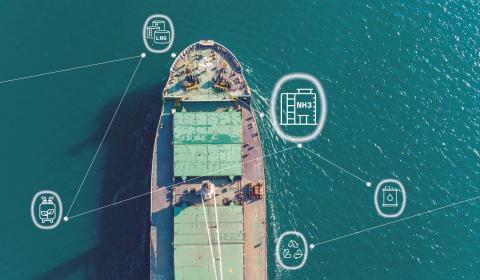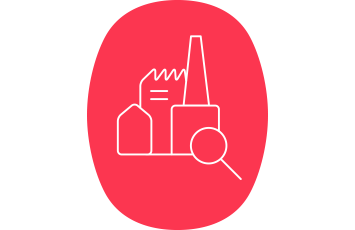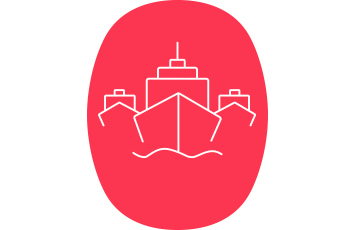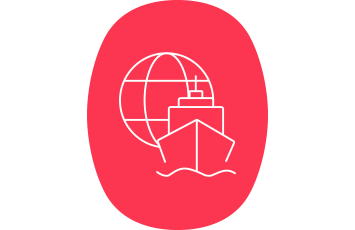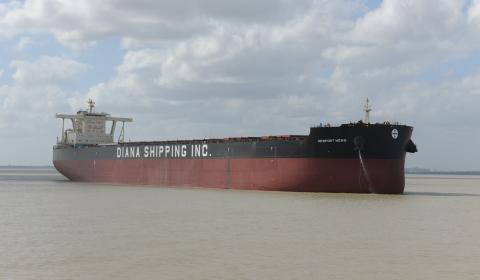
Diana Shipping and Bureau Veritas embrace sustainability and innovation
Specializing in dry bulk cargoes, Diana Shipping is a Greece-based, global shipping provider with a fleet of 35 dry bulk vessels as of April 2022. We spoke with Semiramis Paliou, Diana Shipping’s CEO, about how the industry is evolving and some of the key challenges it faces.
How do you think the shipping industry has changed in recent years?
Shipping is an industry that is constantly evolving, and it has proved to be very resilient and adaptable. In less than a hundred years, ships moved from sail to steam power, and then from coal to fuel. With the introduction of new regulations today, we are ready to adapt again and embrace change. It’s in our nature to rise to new challenges.
What challenges lie ahead for the maritime sector?
Like many other sectors, the maritime industry is moving into a new era of sustainability. The goal of zero emissions will influence the design of future ships. New technologies will need to be harnessed to reduce their environmental footprint. We are already making progress with this, with digitalization playing an important role. Shipping was pioneering in its adoption of cybersecurity but needs to go further. Companies are starting to employ cybersecurity officers to avoid potential threats through continuous monitoring and awareness.
How can the industry meet these challenges?
All these technological advances will mean new skillsets for people who work in the industry, from seafarers to land-based personnel. The industry should be open-minded and adaptable, bringing in new people and offering employees opportunities to learn and develop their skills. Technology can help drive sustainability, but there is also a need for staff expertise. Sustainability officers, a relatively new role, will become increasingly prevalent, with many recruits coming from outside the industry to offer a fresh perspective.
How optimistic are you about the future of shipping?
I am very optimistic. The industry transports 90% of world trade so it cannot afford not to adapt. In order to achieve our goals and meet International Maritime Organization (IMO) requirements, it is essential that we collaborate with stakeholders throughout the supply chain. For example, ports will need to provide the infrastructure and fuel producers to produce cleaner fuel. Engine manufacturers must adapt their products, and the financial sector will have to support this transition.
Ultimately, consumers will be the main driving force towards a more sustainable shipping industry, if they are willing to pay slightly more for a more sustainable product.
We share Semiramis Paliou’s optimistic vision for the shipping industry. Through collaboration with partners like Diana Shipping, we put sustainability and innovation at the forefront of our business. Find out more about how classification societies like Bureau Veritas are Shaping a Better Maritime World here.
